Ethiopia
Dr Merera Gudina, a leading opposition figure in Ethiopia and Chairman of the Oromo Federalist Congress (OFC), has presented preliminary objections to the federal court where he is standing trial on terrorism and other criminal charges.
Gudina was charged along with two others, Jawar Mohammed, a popular Oromo activist and Executive Director of the Oromia Media Network and Berhanu Nega. The charges were made known on February 23, 2017.
The Addis Standard news portal reports that with the current objections raised by Gudina, the case was adjourned until May 4 in order for prosecutors to respond to the objections.
Dr. Merera according to court papers insisted that his trip to Belgium and the European Parliament address should not be reasons for his continued detention. He added that his trip had nothing to do with trespassing the state of emergency, which is one of the charges prosecutors have pressed.
He also denied claimes that he granted interviews to anti-government media outlets, the basis of which was a spike in protests in the restive regions.
Update: Dr #MereraGudina presented 11 pages of preliminary objection to fed court; court adjourned for May 4 to hear prosecutors response pic.twitter.com/FFKtjL4lBq
— Addis Standard (@addisstandard) April 24, 2017
The academic who was arrested upon his return from a European tour in December last year was charged with terrorism even though he was previously held for flouting state of emergency rules.
He is said to have met with anti-peace elements during his tour even though his most publicized engagement was the delivery of an address at the European Union Parliament in Brussels. He has been denied bail a number of times as prosecutors continue to gather evidence.
The country imposed a curfew in October last year to quell anti-government protests in the Amhara and Oromia regions.
The Command Post administering the curfew says relative peace has returned to the country. The parliament recently extended the state of emergency after relaxing most of the restrictions that came with the October 2016 decision.
There are issues also surrounding communication access with slow internet in most parts of the country. Some European countries have lifted their travel advice for Ethiopia with the ‘return to peace.’
SUGGESTED READING Ethiopia: A year after protests started – Timeline of events [1]



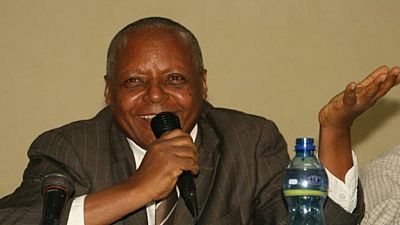

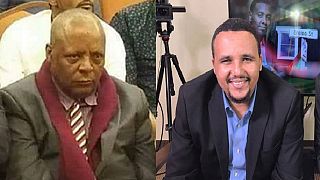
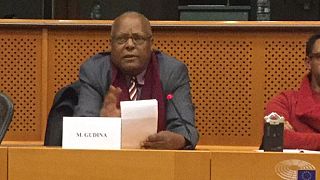

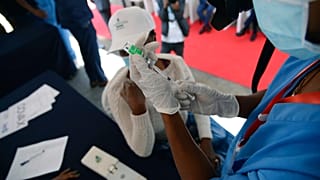
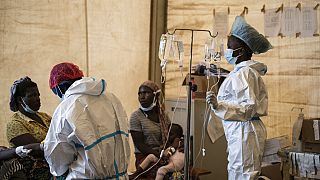
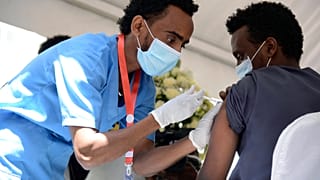
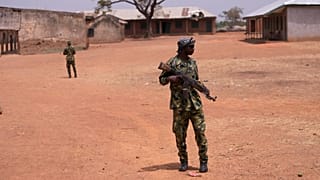
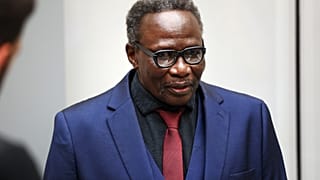
Go to video
Nigeria: NDLEA arrests suspected drug kingpin at Lagos Airport
01:14
Civil trial over payouts to families of Ethiopia Boeing crash victims to proceed
Go to video
Morocco issues first human trafficking sentence over Asia online scam
00:55
Kenya's Kilimo and Ethiopia's Aderra win Istanbul Marathon
01:19
Morocco: more than 1,500 prosecutions after Gen Z protests
00:58
Kenya’s Toroitich wins Amsterdam Marathon